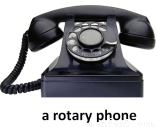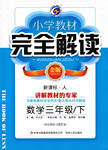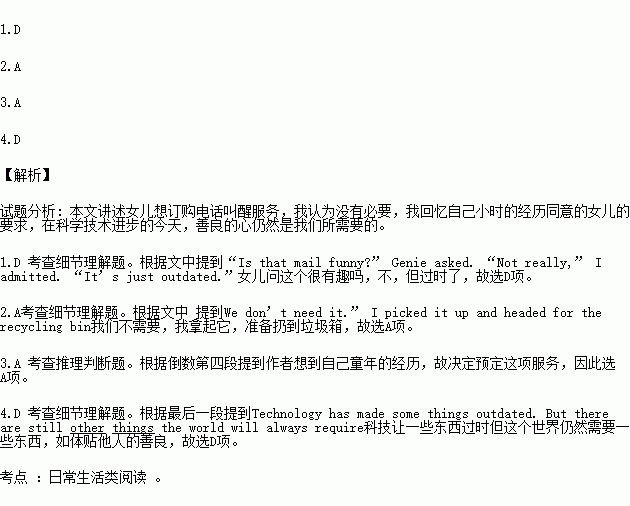题目内容
The Wake-up Call

“What’s that?” my ten-year-old daughter, Genie, asked. She’d caught me laughing at a piece of mail I’d just opened. “Wake-up service; $2.50 per call.” At the bottom was a phone number and a drawing of a rotary phone, like the one my great-aunt Sara had owned 40 years ago.
“Is that mail funny?” Genie asked.
“Not really,” I admitted. “It’s just outdated.”
“What’s a wake-up call?” She frowned. I explained how, before smart-phones, people sometimes paid someone to wake them with a call.
“Who sent this flyer?” she pressed.
“Probably someone older,” I said, “and could use some money.”
Her eyes lit up. “Can we order a wake-up?” she asked.
“We don’t need it.” I picked it up and headed for the recycling bin.
“Wait!” she shrieked.
“I feel sorry for the wake-up man, if he needs some money,” she said, tearing up. “Can’t we order?”
I looked at the flyer with its drawing of a rotary phone. I remembered, again, my great-aunt Sara and her rotary phone. As a kid, I’d visited her over Labor Day, when Jerry Lewis would host his charity event for the disabled kids. Aunt Sara would squeeze my hand, then reach for the rotary phone, dialing the number on the screen. Holding the receiver between us, we’d announce to the operator, “We’d like to help those kids.”
Now here was my own child, showing the same big heart I’d once been encouraged to have, and how could I ignore her? I Googled the flyer’s return address. The address belonged to a man called Raymond. He was in his mid-60s. We called him and, holding the receiver between us, the way Aunt Sara and I used to, told him we needed his services. “Great!” Raymond said in a shaky but friendly voice, clearly amazed at receiving an order from a child. When I asked how to pay the $2.50, he answered, “Mail a check.”
Genie was happy all week. Friday night, I put the phone by her pillow so she could answer Raymond’s call. She bounded to my bedroom to tell me all about how he’d wished her a good morning and told her to have a great day, which she did.
Technology has made some things outdated. But there are still other things the world will always require. In the rush and hustle of my daily life, I’d temporarily forgotten that. I guess I just needed a wake-up call.
1.The author laughed at the mail because ________.
A. it was printed roughly
B. the drawing in it was poor
C. the wake-up call cost too much
D. the service it offered was outdated
2.What did the author want to do with the flyer at first?
A. Throw it away.
B. Let Genie read it.
C. Find out who sent it.
D. Keep it away from Genie.
3.What made the author finally decide to order a wake-up call?
A. Her own childhood experience.
B. The less fortunate wake-up man.
C. Genie’s curiosity about the service.
D. The information she found on Google.
4.What might “other things” in the last paragraph refer to?
A. Bravery and curiosity.
B. Confidence and patience.
C. Honesty and humor.
D. Generosity and kindness.
 小学教材完全解读系列答案
小学教材完全解读系列答案
